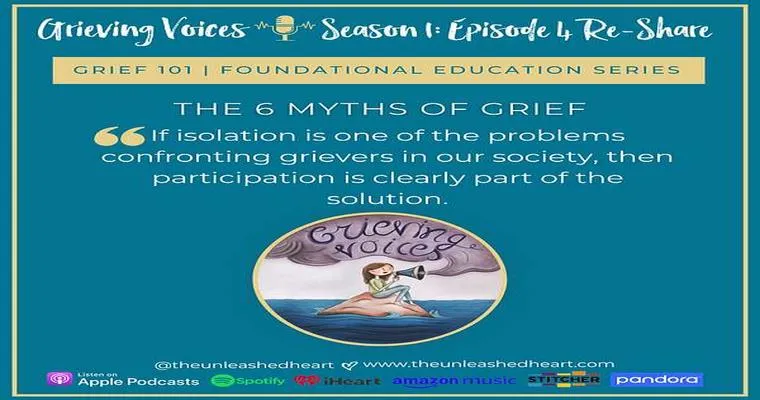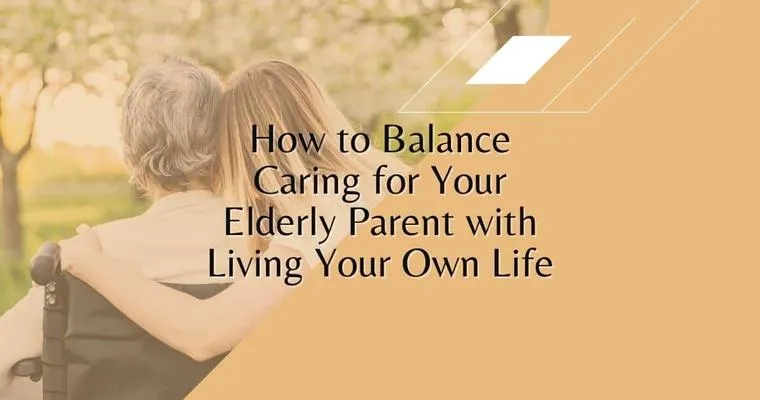Grief is a complex and deeply personal experience that affects everyone differently. Unfortunately, there are many "myths about grieving" that can lead to confusion and misunderstanding about how to navigate this challenging process. Understanding these misconceptions is crucial for those who are grieving and for those who want to support them. In this article, we will debunk six common myths about grief to help foster a better understanding of this emotional journey.
Myth 1: Grieving Has a Set Timeline
One of the most pervasive "myths about grieving" is that there is a specific timeline for how long grief should last. People often believe that after a certain period, they should be "over it" or have moved on. In reality, grief is not linear, and everyone experiences it in their own time. Some may find relief within months, while others may take years to process their loss. It is essential to recognize that there is no right or wrong way to grieve.
Myth 2: You Should Be Strong and Not Cry
Another common myth is that showing emotions is a sign of weakness. Many people believe they should be strong and stoic, suppressing their feelings to appear composed. In truth, expressing emotions such as sadness, anger, or even joy is a natural part of the grieving process. Crying can be a healthy release, helping individuals to process their feelings and begin to heal.
Myth 3: Grief Only Affects the Immediate Family
While it is often assumed that only close family members experience grief, this is a misconception. Friends, colleagues, and even acquaintances can be profoundly impacted by a loss. The "myths about grieving" can lead to the belief that only immediate family members have the right to grieve, but it is essential to understand that grief is a communal experience that can touch many lives.
Myth 4: You Must Move On to Honor the Deceased
Some believe that to honor a lost loved one, they must move on and stop grieving. This myth can create guilt for those who continue to feel pain after a loss. In reality, honoring someone who has passed away can take many forms, including remembering them, sharing stories, or continuing traditions that celebrate their life. Moving on does not mean forgetting; it simply means finding a way to carry the memory forward.
Myth 5: Grief Only Affects Your Emotions
While emotional pain is a significant part of grieving, many people do not realize that grief can also manifest physically. Common physical symptoms include fatigue, changes in appetite, and sleep disturbances. Recognizing that grief can affect both the mind and body is essential for understanding the full scope of the experience and seeking appropriate support.
Myth 6: There is a "Right" Way to Grieve
Finally, the belief that there is a "right" or "wrong" way to grieve is perhaps the most damaging myth. Grief is highly individual, and each person's journey is unique. Some may find comfort in talking about their loss, while others may prefer solitude. There is no one-size-fits-all approach to grieving, and it is important for individuals to find what feels right for them without judgment.
In conclusion, understanding and debunking these "myths about grieving" can help individuals navigate their personal experiences more effectively. Grief is a natural response to loss, and acknowledging the complexities surrounding it can foster compassion and support for those who are grieving. If you or someone you know is struggling with grief, consider reaching out for professional help or support groups to facilitate healing.





